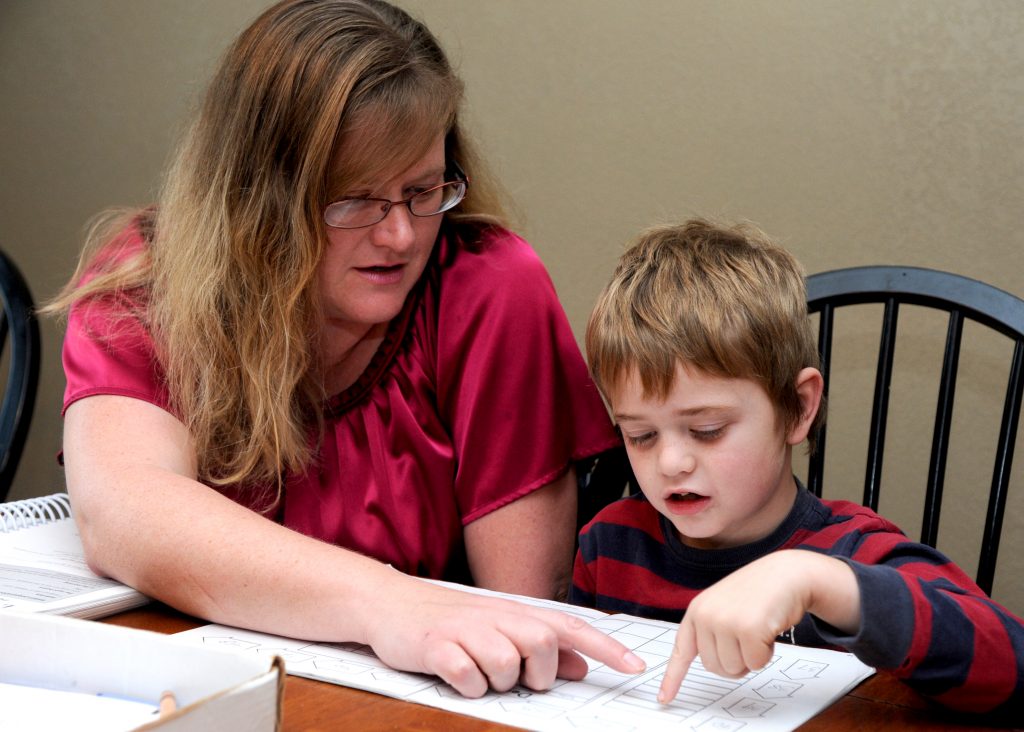
More than ever, the 21st century is opening doors for different perspectives, approaches, and methods on how things are done. The traditional way might be comfortable and relaxed, but more and more people are deviating from the norm as long as the benefits are evident.
Take, for instance, food consumption. Industries, then, were focused on the quantity of production without regard for workers’ welfare and harmful effects on the environment. Nowadays, society is trying to connect with their food beyond the palate. There are those who are concerned about the source, the farming methods, workers’ benefits, and carbon footprints.
These types of paradigm shifts are also evident in the educational system. Some education experts are criticizing the education system because it has become irrelevant to the changing times. Many parents were aware of how the traditional education system is incompatible with their children’s need to decide to give homeschooling a try. For those who are seriously considering homeschooling and would like to know basic knowledge about homeschooling, the following are typical concerns of parents thinking to start homeschooling.

The Basics
Everybody seems to want to join the bandwagon of homeschooling where parents opted to homeschool their children instead of the conventional set up of letting children go to a regular school environment. The reasons for this option may vary from family to family; however, most of them choose to homeschool because of their dissatisfaction with the current educational opportunities. Others have different personal or spiritual beliefs, educational philosophies, or the notion that the traditional school structure isn’t a safe and conducive environment for their child. Homeschooling first gained traction in the 1970s when famous authors like John and Dorothy Holt and Raymond Moore began writing about this particular education reform and suggested to be a different educational decision.
Requirements for Homeschooling
In the US, specific conditions differ from state to state. Depending on what is asked, some will require you to present a portfolio review and standardized testing. A requirement is the dedication of the parents to homeschool their children. This will need equal time preparing for lessons and subjects to discuss. The parent’s patience will be tested when children start to be inquisitive and challenge your capability to provide information. Lastly, parents should acquire the necessary communication skills in teaching their children.
Parent’s Educational Background
If the parent has an educational background or training about homeschooling, this is a plus factor. Nonetheless, in the majority of the areas in the United States, this is not a strict requirement. Some recommend starting homeschooling during school age to have real experience with the classroom environment with teachers and classmates. Once the parents decide to homeschool the child, they will notify the principal and will start the transitional period from school to a home environment. Parents should communicate with the school district concerning the homeschooling program so that they can be provided with directions and proper guidelines.

A Typical Homeschool Day
A schedule is set for lessons to learn, however, there is no fixed time set for a day. This is another advantage of homeschooling because the child learns according to their own pace without the pressure of time and expectations. Every child has their learning style, thus in homeschooling, the schedule and topics to be learned are designed per individual.
Education is a never-ending process of acquiring knowledge, learning new skills, and enhancing one’s relationships. Through homeschooling, parents are comfortable that they are giving this privilege and particular attention to their child and ensuring their safety as well
